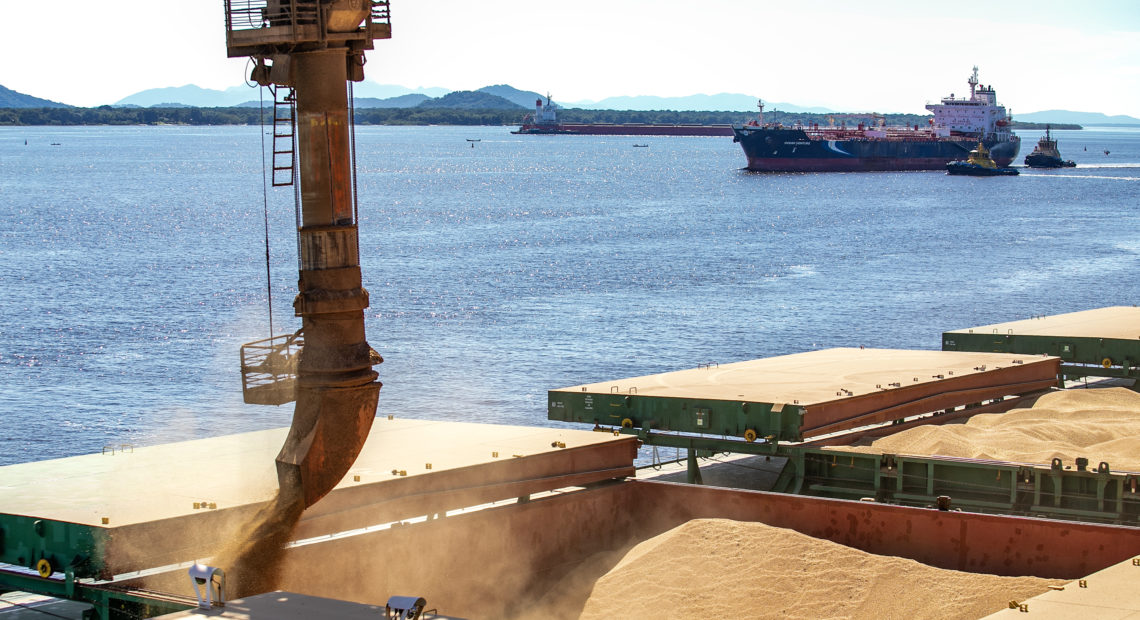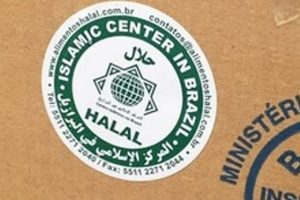Brazil is importing less from the North Africa and Middle East states compared to the period from January to July 2022. Major declines include petroleum and petroleum gas and fertilizers.

Marcos Carrieri – ANBA
São Paulo – Brazilian exports to the Arab countries climbed 7.9% year to date through July compared to the same period in 2022 and grossed USD10.6 billion. A highlight of this year’s exports is sugar, which grossed USD2.1 billion, followed by beef, iron ore, soybeans, and poultry. The leading Arab buyers in 2023 are Saudi Arabia, the United Arab Emirates, Algeria, Egypt, and Iraq. On the other hand, imports posted a 29.8% decline to USD6.1 billion. The trade surplus is USD4.5 billion, up 298.3% from 2022’s first seven months.
The figures are from Secretariat of Foreign Trade (SECEX), an agency affiliated to Brazil’s Ministry of Development, Industry, Trade and Services. They also show that the bloc comprising Arab nations is Brazil’s fourth largest importer, behind China, the United States, and Argentina, and fifth major supplier, after China, the US, Germany, and Argentina.
Declines in imports were influenced by the purchases of mineral fuels (petroleum and petroleum gas) and fertilizers, two of the leading product groups that Brazil buys from its Arab partners. The decline in the demand of these products was also seen with other supplying countries.
Arab-Brazilian Chamber of Commerce (ABCC) Market Intelligence manager Marcus Vinícius believes a reason that may explain the decline in the value of exports is the drop in the prices of commodities. Coffee, petroleum, soybeans and other items had their prices reduced in the first half of the year. As for exports, prospects are good. “If exports follow the trend seen in previous years, they will keep growing in the second half,” he said.
Of the Arab countries, leading exporters to Brazil from January to July were Saudi Arabia, Algeria, Morocco, UAE, and Qatar. As for values, sales from Algeria to Brazil reached USD1.2 billion, up from USD429 million. In volume, purchases from Algeria climbed from 831,000 tonnes to 2.2 million tonnes. Sales from Egypt to Brazil also grew due to larger shipments of paraffin to the Latin American country.
July results
Exports in July reached USD1.68 billion up 9.7% from last year’s, while imports grossed USD905.6 million, down 34.6% year on year. Of the Arab countries, the leading buyers were Saudi Arabia, the UAE, and Egypt. The leading products exported to the Arab countries were sugar, soybeans, iron ore. As for imports, the top supplier was Saudi Arabia at USD390 million, followed by Algeria, the UAE, and Qatar.
Translation by Guilherme Miranda



